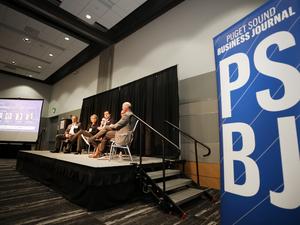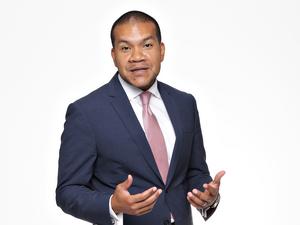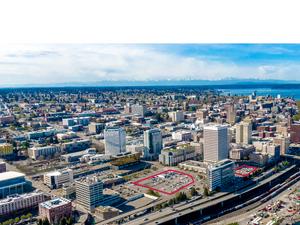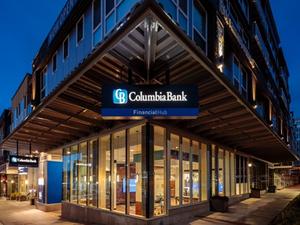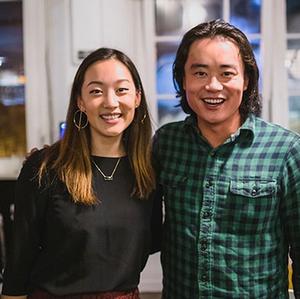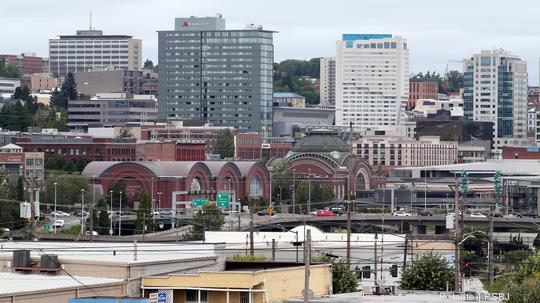
The flow of loans through San Francisco-based Kiva, a crowdsourced microlending platform, into Tacoma will continue for another two years.
Last year, the city of Tacoma partnered with Kiva and Spaceworks Tacoma, a program under the Tacoma-Pierce County Chamber, to connect local entrepreneurs with loans by establishing a Kiva hub in the area. The decision to continue and expand the program comes after the partnership connected 27 borrowers with a total of $212,500 in the pilot year, which ended in February.
"These are not donations. The folks who lend will get their money back," said Michael Liang, director of Spaceworks Tacoma. "Kiva likes to say it's really the first rung of the capital access ladder, working with entrepreneurs who are too small, too new, too innovative, too risky for traditional bank loans."
According to Liang, the city of Tacoma realized this was a product that was missing in the area. Although Kiva loans were already open to businesses throughout the U.S., establishing a hub in Tacoma allowed the partnership to hire a capital access manager, local entrepreneur David Combs, to guide small businesses through the process.
Combs, a graduate of Spaceworks' incubator program, gave presentations and helped businesses correctly fill out the applications, Liang said. The chamber now has a second capital access manager, Marsha Powell.
Spaceworks says 93% of the Kiva loans went to people of color during the pilot year, and 70% went to women. Spaceworks has also involved Umpqua Bank in the initiative, and the bank and Kiva have partnered to commit $1 million to women and Kiva borrowers who are BIPOC, or Black, Indigenous and people of color.
Jan Parker, owner of Jan Parker Cookery, set a record by raising $15,000 in 14 hours through the program. Her business sets up stations to serve cuisine of the Philippines at farmers markets, as well as other pop-ups. She also teaches classes and was named 2020's best chef by South Sound Magazine. Parker said the money provided peace of mind as a small-business owner. She also participated in an accelerator focused on BIPOC-owned businesses that was sponsored by the chamber and other partners.
“The meat of the program was really focusing on what your ‘why’ is and why you’re in business, and what we need to do to find that why,” Parker said. “What I also found the most useful was the mental health portion of the program because I feel like that’s a topic that’s not really covered too much for people who lack access.”
Spaceworks launched as a program of the chamber in 2010, initially matching local businesses with commercial space with the long-term goal of turning these businesses into paying tenants, Liang said. The program has since shifted focus to its incubator programs, for which it has four- and 12-week courses. Spaceworks also offers a Black business accelerator and supports public art projects.
Although the Kiva program is guaranteed for two more years, Liang doesn't see it ending there.
"There's been other programs I've worked at where it's like pulling teeth to find participants or find funding, and this one seems to have the momentum," Liang. "I fully expect to see it continue after year three."
